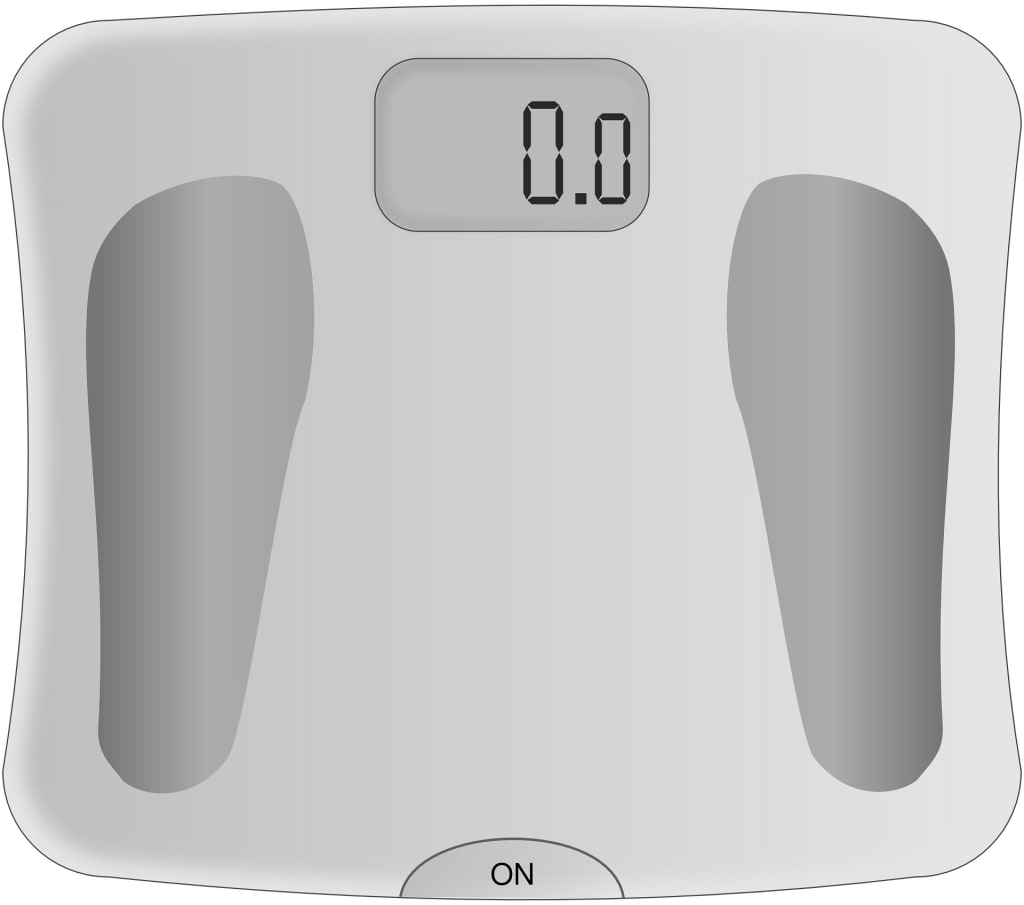How fast can one loose weight?
Is this possible

In Victorian England's wealthiest circles, strange fads were commonplace. None, however, may have been as bizarre as the tapeworm diet, in which dieters swallowed an unhatched tapeworm and allowed it to grow inside them by ingesting undigested meals. Obviously, this is a very risky and unhealthy approach to weight management. But even though contemporary fad diets aren't usually this extreme, they do promise a similar outcome—namely, rapid weight loss.
Let's think about a thought experiment to determine whether there are any quick diets that actually work and whether any of them are healthy for you. Simultaneous twins Sam and Felix both want to lose weight. They are the same height, weight, fat, and muscle mass. Felix wants to lose weight quickly, whereas Sam wants to do so gradually. Sam intends to gradually cut back on calories while increasing his regular exercise. He's causing his body to experience an energy deficit because less energy is entering and more is leaving. Sam's emergency glucose supply, which is kept in the liver as glycogen, starts to be broken down as a result of this. His body begins using fat cells as a major energy source 4 to 6 hours later. Lipid droplets are released as a result of this process, and they are broken down into compounds that circulate in the bloodstream and give organs and tissues energy. Felix wants to reduce his calorie intake significantly in order to produce a comparable energy deficit. Sam continues to eat smaller meals, but Felix is barely eating anything. His body then responds by entering a starvation response mode. In just 18 hours, Felix's body uses up all of his emergency glucose reserves. And while Felix's low-calorie diet does not replenish glycogen like Sam does with each healthy meal. His body begins destroying other materials, such as his muscles, in a desperate attempt to obtain energy. Sam is still keeping his muscle mass due to his regular exercise. He'll use more energy both while exercising and at rest as a result, which will make losing weight simpler for him. Felix, on the other hand, is losing muscle mass and using fewer calories than ever to maintain his body's essential functions, making weight loss even more challenging. Despite this, Felix's fast diet contains one component that may give him the impression that he is on the right track. A few grams of water are bonded to every gram of glycogen. This can add up to two kilograms of water weight, all of which is lost when the glycogen is used up. Felix may think he is losing weight quickly because of this. He will lose weight while starving himself, but as soon as he stops, his body will restock its glycogen supply.
However, extreme calorie restriction diets aren't the only plans claiming to help you lose weight quickly. It is clear that Felix's plan causes more harm than good. Plans referred to as "detoxification diets" either encourage or forbid a particular food in order to supply a certain nutrient in large quantities. Although they are far too specific to be used as all-purpose solutions, these can be helpful for addressing some nutritional issues. An individual with low vitamin A levels, for instance, might benefit from a juice diet.
Juicing, however, could be disastrous for someone with a high vitamin A intake. In addition, regardless of individual nutrition, following a juice diet for several weeks is likely to weaken the immune system because it lacks necessary fats and proteins. Herein lies the issue with all these rapidly evolving diets: extreme diets are a shock to the system, whether you're reducing calories or food groups. There are established rates of healthy weight loss driven by diet and exercise that take genetic and medical variations into account. A sustainable dietary lifestyle is necessary to keep to those deadlines. Since so few people follow extreme diets, some of the worst side effects are actually rarely discussed. It's also important to note that many societies have unhealthy relationships with weight, and people are frequently under pressure to diet for reasons other than their health or happiness. We should all take our time to determine what the healthiest lifestyle is for us, rather than trying to lose weight quickly.
About the Creator
Enjoyed the story? Support the Creator.
Subscribe for free to receive all their stories in your feed. You could also pledge your support or give them a one-off tip, letting them know you appreciate their work.






Comments
There are no comments for this story
Be the first to respond and start the conversation.